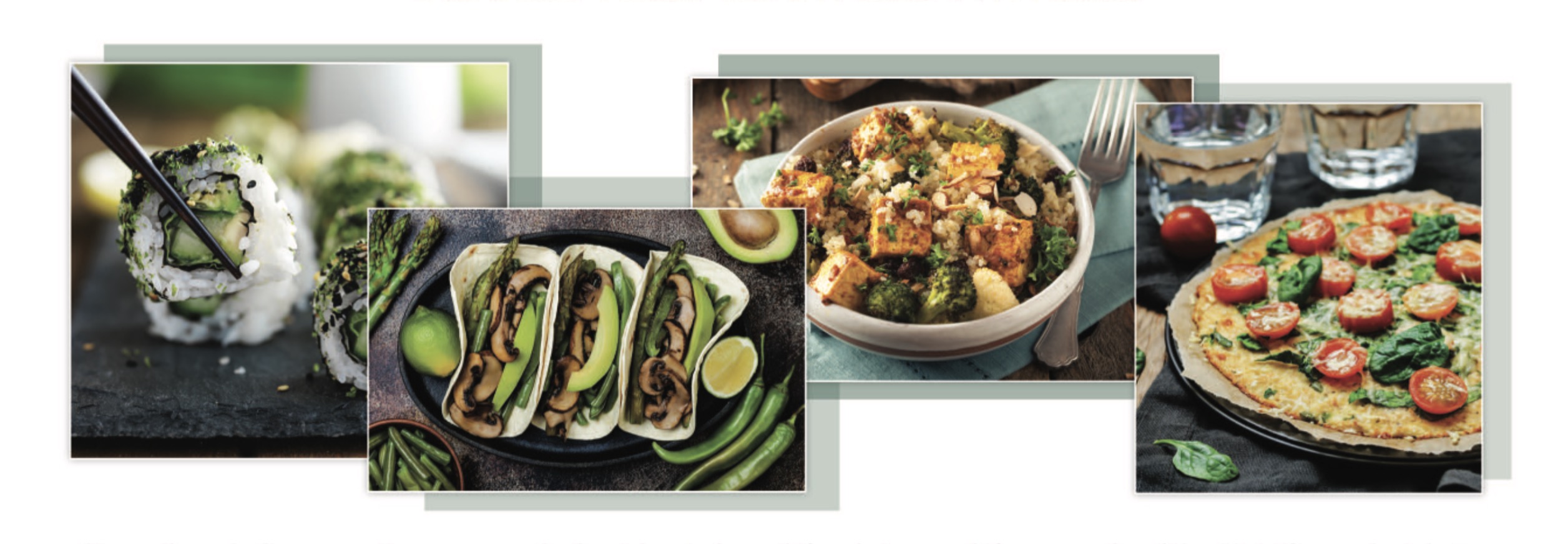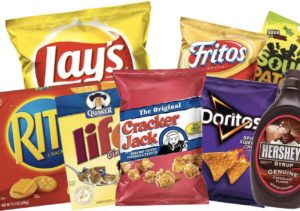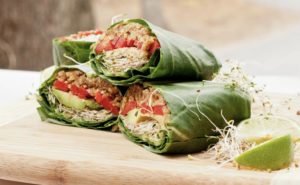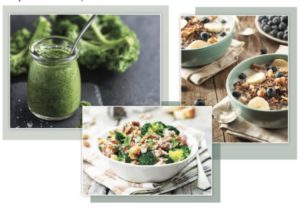The Nutritionists’ Guide to Going Vegan | by

Thinking about giving up all animal products? Read this advice first to avoid pitfalls.
You already know eating more whole, plant-based foods is good for your health. Yet if you decide to follow a vegan diet — which means excluding all animal products — it’s important to understand some common pitfalls that can really impact your health, says Laura Fry, a registered dietitian at Weigh to Wellness in Denver. Here, Fry and Jessica Crandall, a registered dietician with Vital RD and a national spokesperson for the Academy of Nutrition and Dietetics, share their best advice for overcoming the potential downsides of a vegan diet.
Pitfall No. 1: Consuming too many pre-prepared, highly-processed foods.

“It’s important to read the labels of the prepared food you buy and be aware of the sugar content,” Fry says. “When you’re vegan, you want to make sure you’re getting ample protein and fat in your diet — and keep your calories from carbohydrates to less than half your calorie intake.”
Pitfall No. 2: Not eating enough protein.

“You have to be very strategic about how much protein you consume when you’re following a vegan diet,” she says. “For a lot of people, using a dietitian to help you make sure you’re meeting your nutritional needs can be helpful.”
Protein intake requirements depend on how old you are, as well as if you’re male or female. On average, people need 60-80 grams of protein per day. Excellent vegan sources of protein include beans, nuts, and tofu, says Crandall. “You want to make sure you’re consuming some of these protein-rich sources throughout the day in order to get enough,” she adds.
Pitfall No. 3: Vitamin deficiencies.

Iron: lentils, soybeans, tofu, tempeh, lima beans, quinoa, fortified cereals, brown rice, oatmeal, pumpkin seeds, pine nuts, pistachios, sunflower seeds, cashews and un-hulled sesame.
Zinc: garlic, pumpkin seeds, sesame seeds, dark chocolate, wheat germ, chickpeas, green peas, baked beans, peanuts, and pecans.
Omega-3 fatty acids: brussels sprouts, chia seeds, walnuts, hemp oil and flaxseed oil. “But keep in mind the best sources of omega-3s come from animal products, such as fatty fish and fish oil supplements,” says Fry. “Most plant-based omega-3 sources only have one of the three types of fatty acids we need.” So, opt for vegan products fortified with omega-3s when you can.
Calcium, vitamin B12, and vitamin D: the best food sources for these are in animal products, so opt for foods fortified with these nutrients, in addition to taking supplements, to make sure you’re getting enough.
Pitfall No. 4: Having a tough time eating out.

“My advice is to research restaurant menus before you go out so you have time to really think about what you can eat,” she says. Unfortunately, there may be times when there are so few options, you’ll leave a meal feeling hungry.
To prevent making bad food choices — like rolling up to the closest drive-through and buying a large order of French fries — Crandall suggests keeping a vegan-friendly protein bar or other snack in your purse or car. “This way when you get into a situation when there’s nothing to eat, you have a meal replacement for yourself.”
Leave a Comment
Please be respectful while leaving comments. All comments are subject to removal by the moderator.
